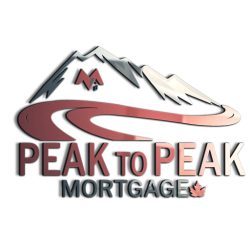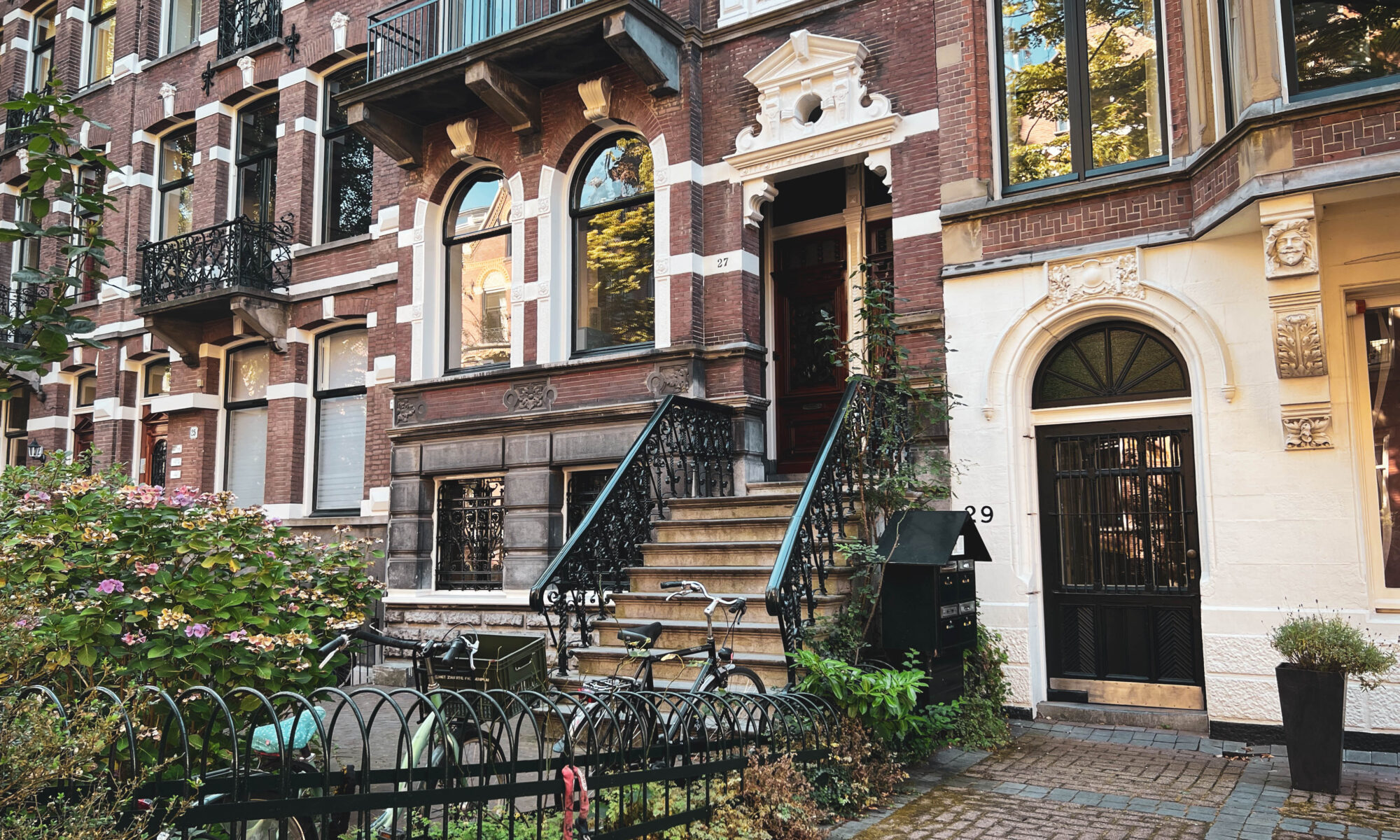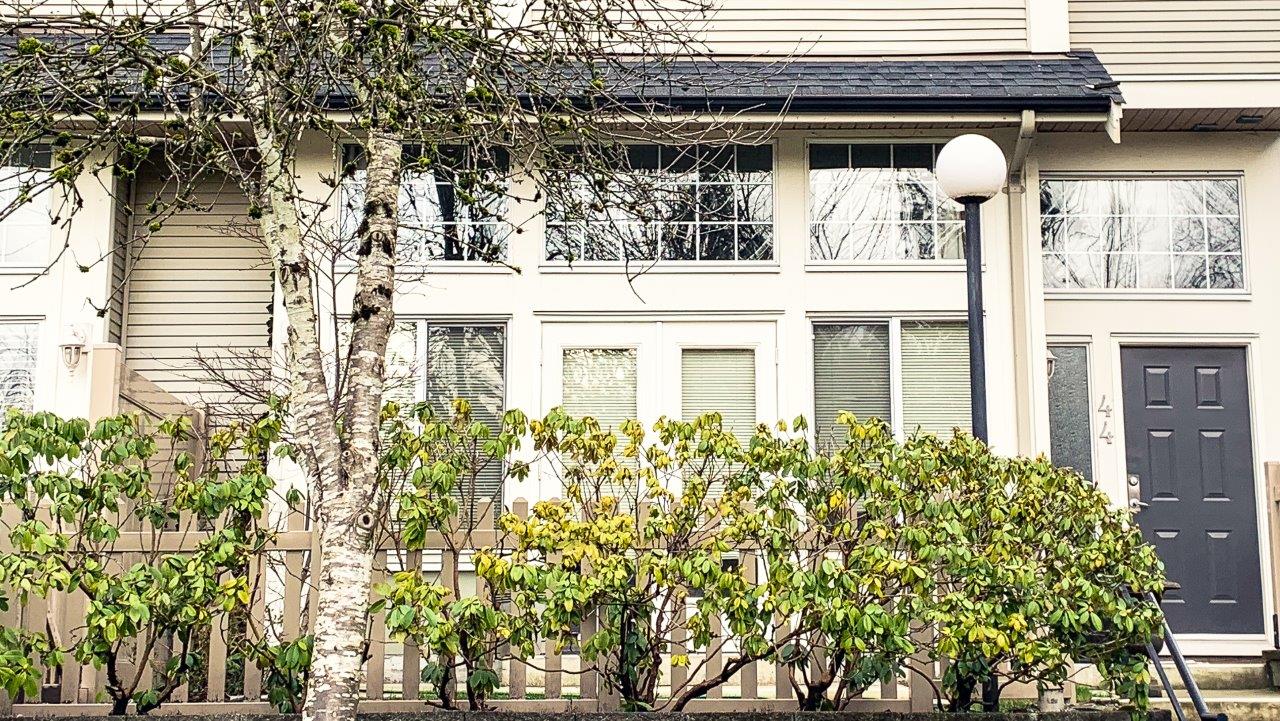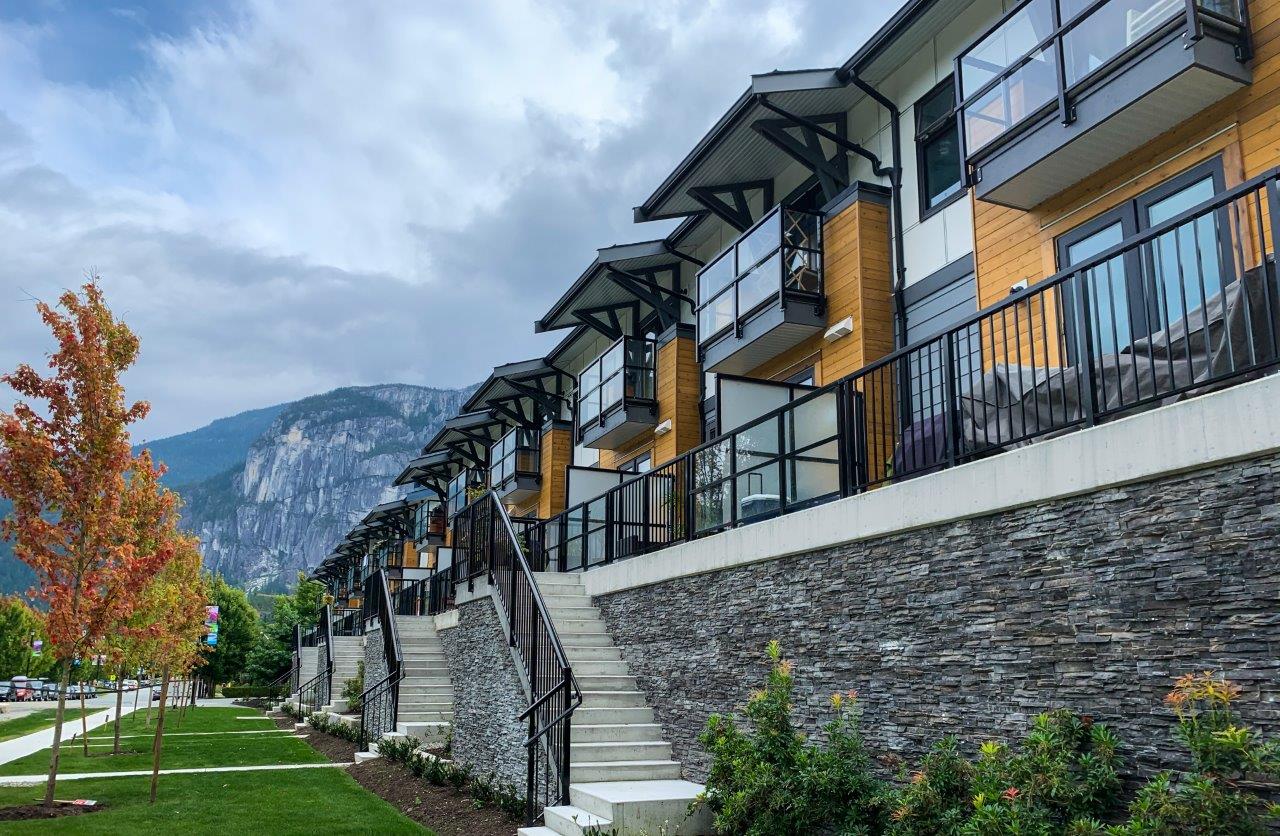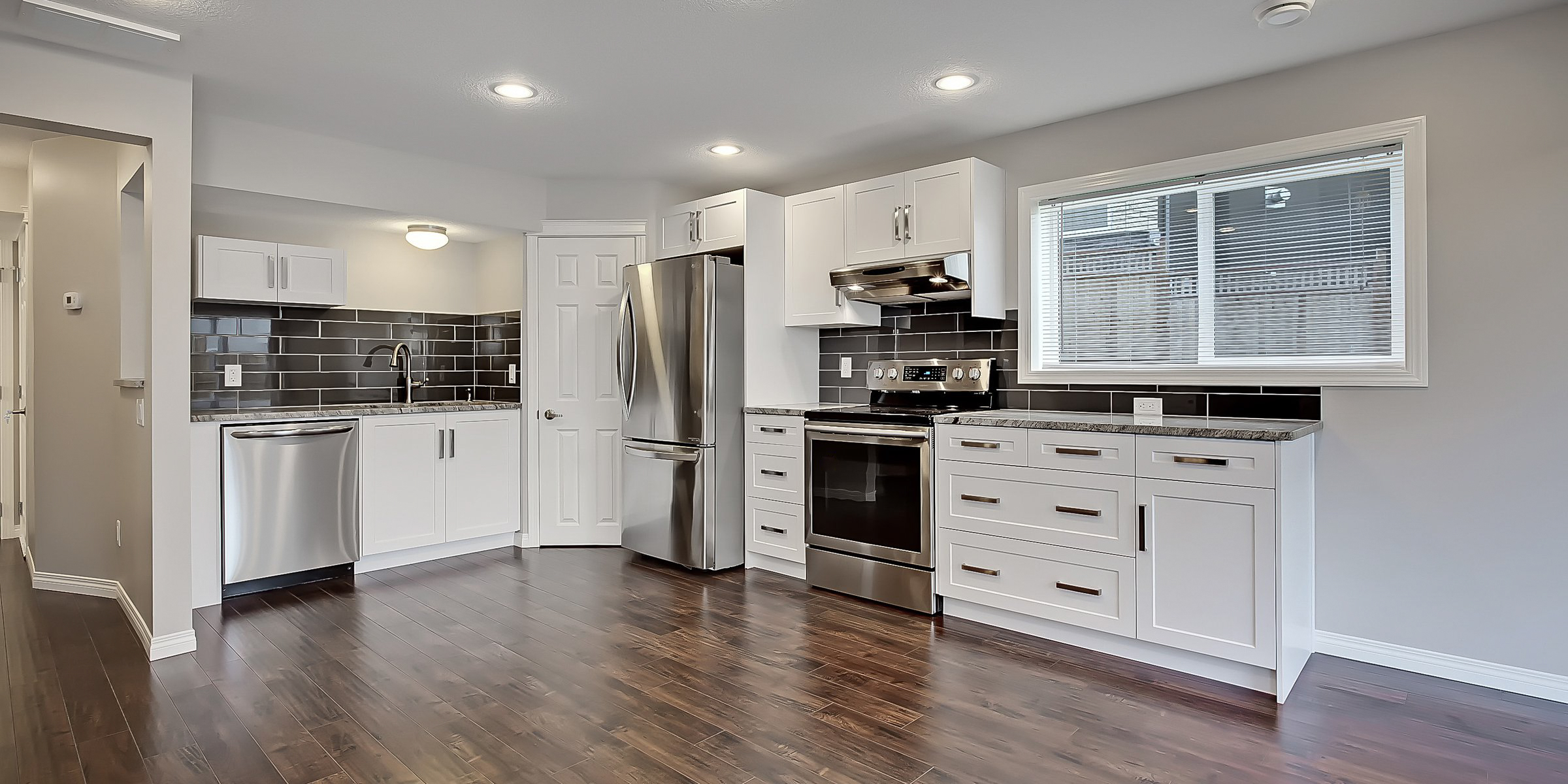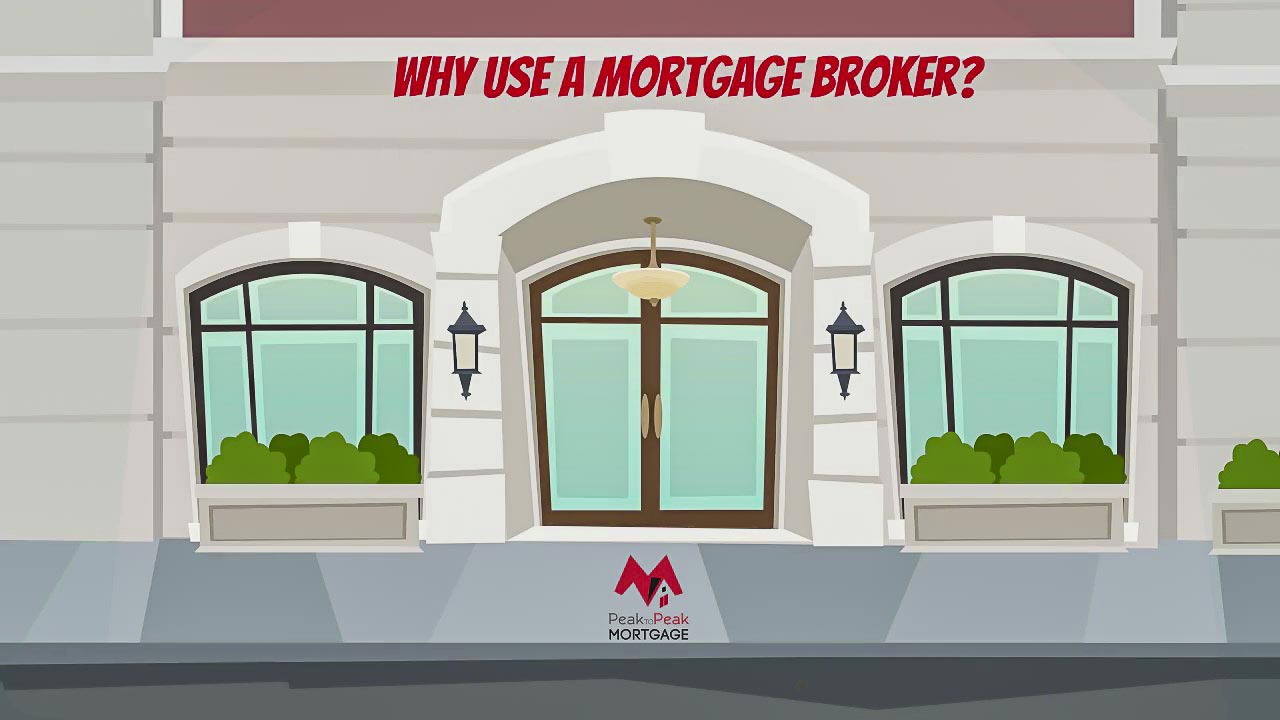Continue reading "Mortgage Pre-Approval and Documents You Will Need"
Mortgage Pre-Approval and Documents You Will Need
This information post will explain what it means to have a mortgage pre-approval in today’s environment, and the documents that you will need. When it …

